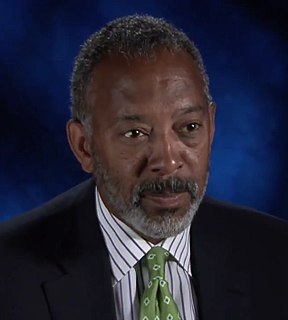Top 25 Quotes & Sayings by John W. Thompson
Explore popular quotes and sayings by an American businessman John W. Thompson.
Last updated on April 22, 2025.
The thing we have to be careful of is that the Internet is a global communications medium, and if one country tips the balance in regulating its use or regulating what companies or individuals do on the web, it could have an economic impact that might be unintended, quite frankly, by the regulations themselves.



















